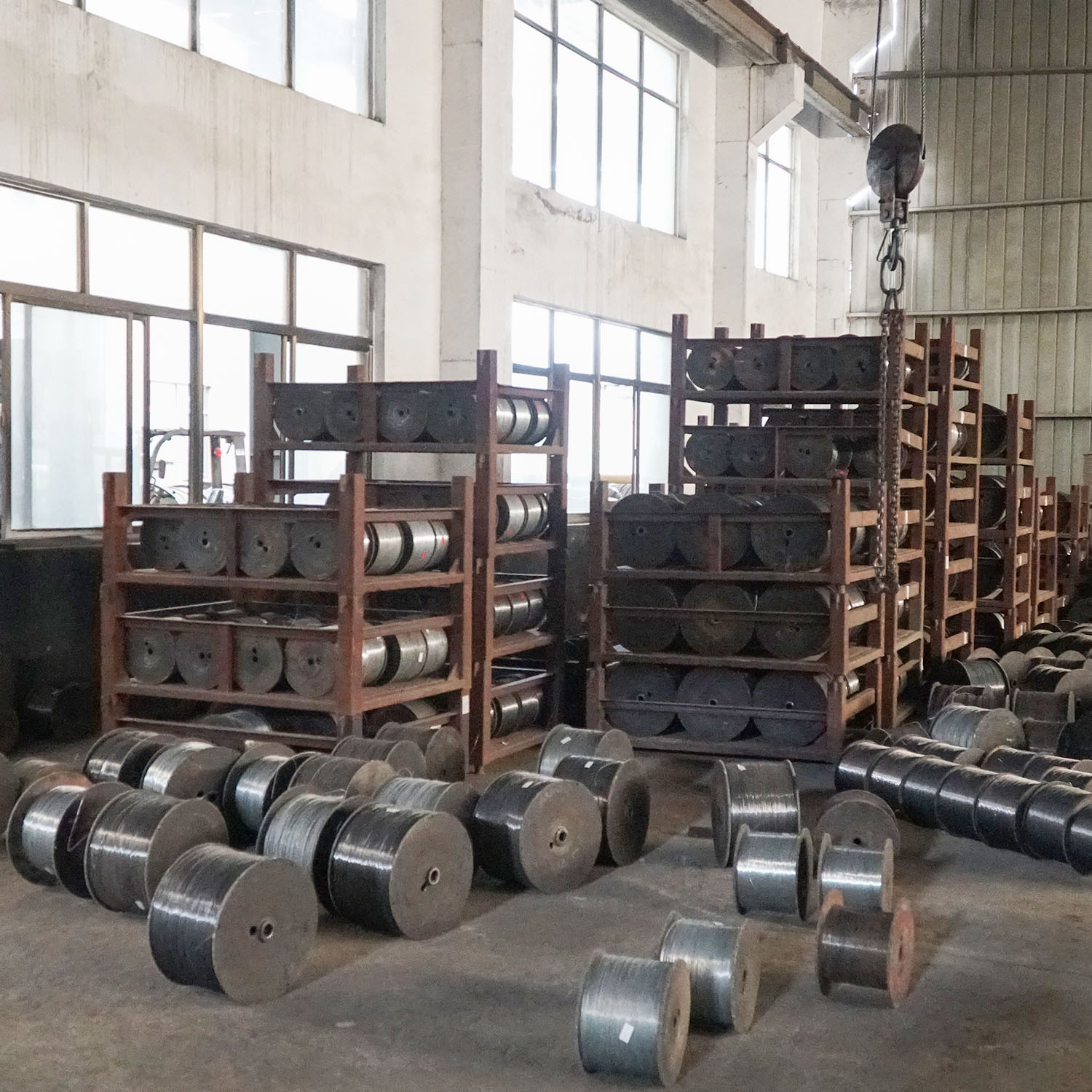Table of Contents
The Differences Between Annealed and Galvanized Wire
Annealed and galvanized wire are two common types of wire used in various industries for different purposes. While both types of wire serve similar functions, they have distinct differences that make them suitable for specific applications. Understanding the differences between annealed and galvanized wire can help you choose the right type of wire for your project.
Annealed wire is a type of wire that has been heated and then slowly cooled to make it softer and more flexible. This process, known as annealing, helps to reduce the hardness of the wire and make it easier to bend and shape. Annealed wire is commonly used in applications where flexibility is important, such as in the construction of Wire Mesh, fencing, and other structures that require bending and shaping.
On the other hand, galvanized wire is a type of wire that has been coated with a layer of Zinc to protect it from corrosion. The process of galvanizing involves dipping the wire in a bath of molten zinc, which forms a protective layer on the surface of the wire. Galvanized wire is commonly used in outdoor applications where exposure to moisture and other corrosive elements is a concern, such as in fencing, Agriculture, and construction.
One of the main differences between annealed and galvanized wire is their resistance to corrosion. While annealed wire is more flexible and easier to bend, it is not as resistant to corrosion as galvanized wire. Galvanized wire, on the other hand, is highly resistant to corrosion due to the protective layer of zinc that coats the wire. This makes galvanized wire a better choice for outdoor applications where exposure to moisture and other corrosive elements is a concern.
Another difference between annealed and galvanized wire is their strength and durability. Annealed wire is softer and more flexible than galvanized wire, which makes it easier to work with but also less durable. Galvanized wire, on the other hand, is stronger and more durable due to the protective layer of zinc that coats the wire. This makes galvanized wire a better choice for applications where strength and durability are important, such as in construction and agriculture.

In terms of cost, annealed wire is generally more affordable than galvanized wire. This is because the process of annealing is less expensive than the process of galvanizing. However, the higher cost of galvanized wire is often justified by its superior resistance to corrosion and longer lifespan.
In conclusion, annealed and galvanized wire are two common types of wire used in various industries for different purposes. While both types of wire serve similar functions, they have distinct differences in terms of corrosion resistance, strength, durability, and cost. Understanding these differences can help you choose the right type of wire for your project. Whether you need a flexible wire for bending and shaping or a durable wire for outdoor applications, there is a type of wire that is suitable for your needs.

